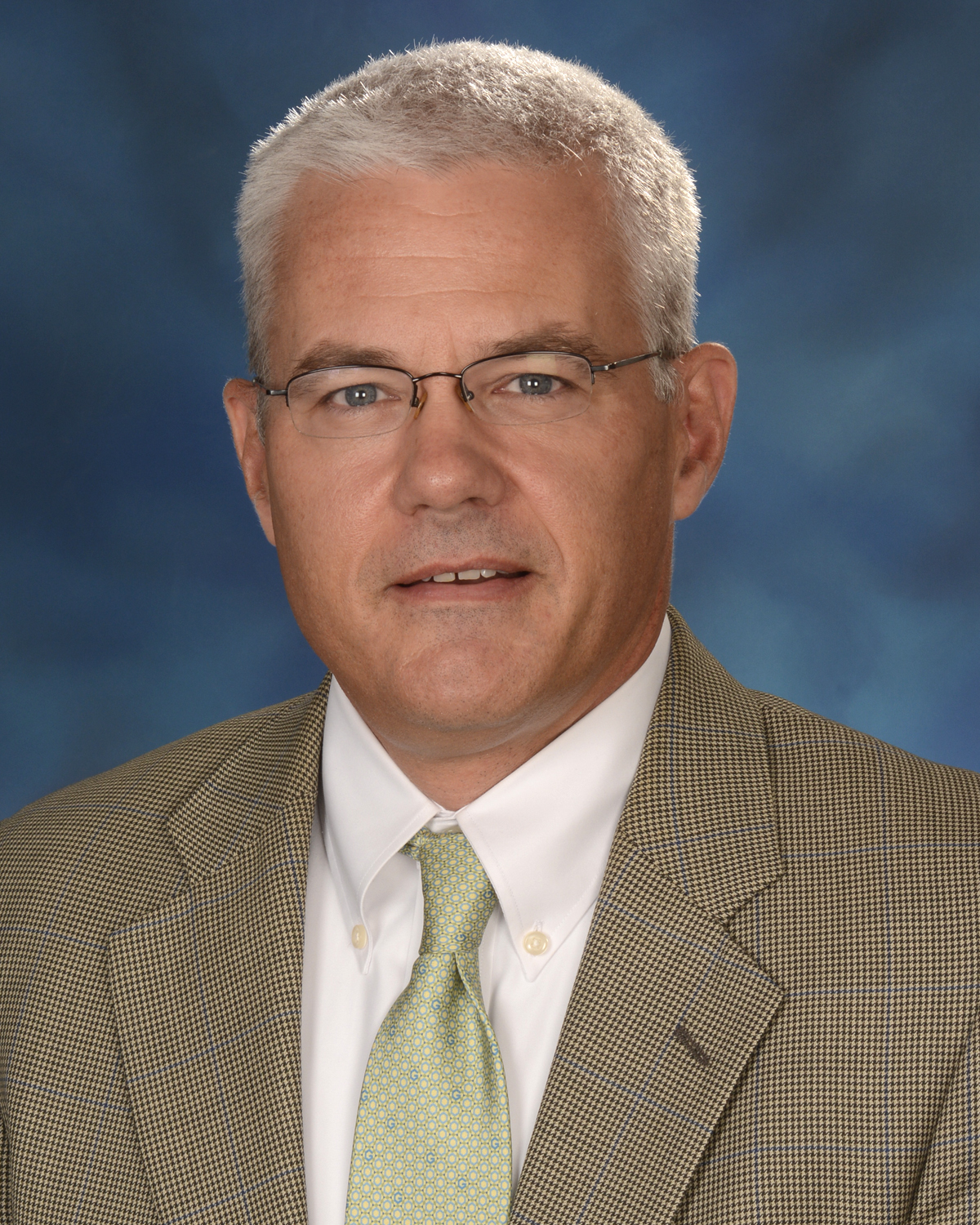Vaccine for Children Focus of ‘Book of Lists’ Talk
As COVID-19 vaccines roll out for the adult population, attention is being turned to developing a safe and effective version for children at the Center for Vaccine Development and Global Health (CVD) at the University of Maryland School of Medicine (UMSOM).

James D. Campbell, MD, MS, professor of pediatrics at University of Maryland School of Medicine
“Moderna and Pfizer both have done studies down to age 12, but we don’t have any data yet for anyone under that age. We’re about to start a trial in the next couple of weeks at CVD on children under the age of 12 that I’ll be running with our group,” James D. Campbell, MD, MS, professor of pediatrics at UMSOM, said during a Baltimore Business Journal “Book of Lists” virtual event Feb. 25 co-sponsored by the University of Maryland, Baltimore (UMB). “That’s real exciting.”
Volunteers for trials also are still needed for a variety of COVID-19 vaccines, and the public is welcome to sign up at cvdtrials.org.
Campbell explained to the audience that the dose for children could be similar to the one for adults, but you cannot simply make that assumption and move forward with a vaccine.
“It’s really not fair to the pediatric practitioners or to children or families to extrapolate adult data and assume it will be the same,” Campbell said. “We will be testing a group of doses depending on which vaccine it is. We want to make sure their immune responses are the same or similar to the adult immune responses.”
The event allowed invited guests to get answers to questions on the minds of a lot of people these days.
Attendee Steve Goldberg, president of Your Communications Company, asked what parents should do now to protect their children and grandchildren from COVID exposure. Goldberg shared that he has a 4-year-old granddaughter and a 2-week-old grandson.
Children have seen fewer infections, intensive care unit admissions, and deaths, but they do occur, Campbell advised. Don’t let your guard down and continue to wear masks around children, wash your hands, and practice physical distancing. The Centers for Disease Control and Prevention also advises that children 2 years old and up should wear a mask.
“We see kids right here at our hospital in Baltimore, and some of them are quite sick,” Campbell said. “There have been over 200 deaths in the United States, which is more deaths than we ever recorded for influenza in any season in the country.”
Campbell added in response to a related question that a relative contemplating visiting a newborn baby should still be practicing physical distancing and not touch the infant.
“I know it’s hard, but I think you still need to stay distanced and use all the precautions we all know about,” Campbell said. “We have seen very young infants who have gotten very sick from COVID.”
Expectant mothers also face questions about taking the vaccine. While no trial has studied a COVID vaccine’s effect on both breastfeeding mothers and pregnant mothers and their fetuses, a few women who participated in trials so far have become pregnant. Observational studies are being done, following up with those women to see if there are any unexpected issues. So far, no concern has been identified for pregnant women, Campbell said.
Campbell offered this saying from his boss and CVD director Kathleen M. Neuzil, MD, MPH, FIDSA, the Myron M. Levine, MD, DTPH, Professor in Vaccinology: “If you have a vaccine that you think is for health care providers and first responders, but it can’t be given to pregnant women, then you don’t have a vaccine for health care providers and first responders.”
“We have lots of women who are essential workers, who are in health care, etc., who either are pregnant or want to be pregnant,” Campbell said. “The decision was made by the authorizing bodies to say that women should be able to make that decision, and we shouldn’t prevent them just because they’re pregnant from making the decision to get vaccinated.”
While children are waiting for their own vaccine, adults now have booster shots to potentially plan for, as the virus has mutated with so-called variants of concern that are more transmissible, said Kirsten E. Lyke, MD, professor of medicine and director of the Malaria Vaccine and Challenge Unit at UMSOM. The main three are the Brazilian, United Kingdom, and South African strains.
How worried should we be, asked Shanaysha Sauls, chief executive officer of the Baltimore Community Foundation.
It’s expected that viruses will mutate, but Lyke said, “It’s on us to stay one step ahead of the virus” by getting everyone vaccinated as soon as possible to stop transmission. UMSOM has started Pfizer booster trials to get ahead of the current and potential future variants, Lyke said.
UMB President Bruce E. Jarrell, MD, FACS, reminded the audience that “the vaccine is one more tool in protection.”
“The fact that you’ve been vaccinated doesn’t make the mask wearing, the hand washing, and the social distancing go away until we learn more,” Jarrell said.



